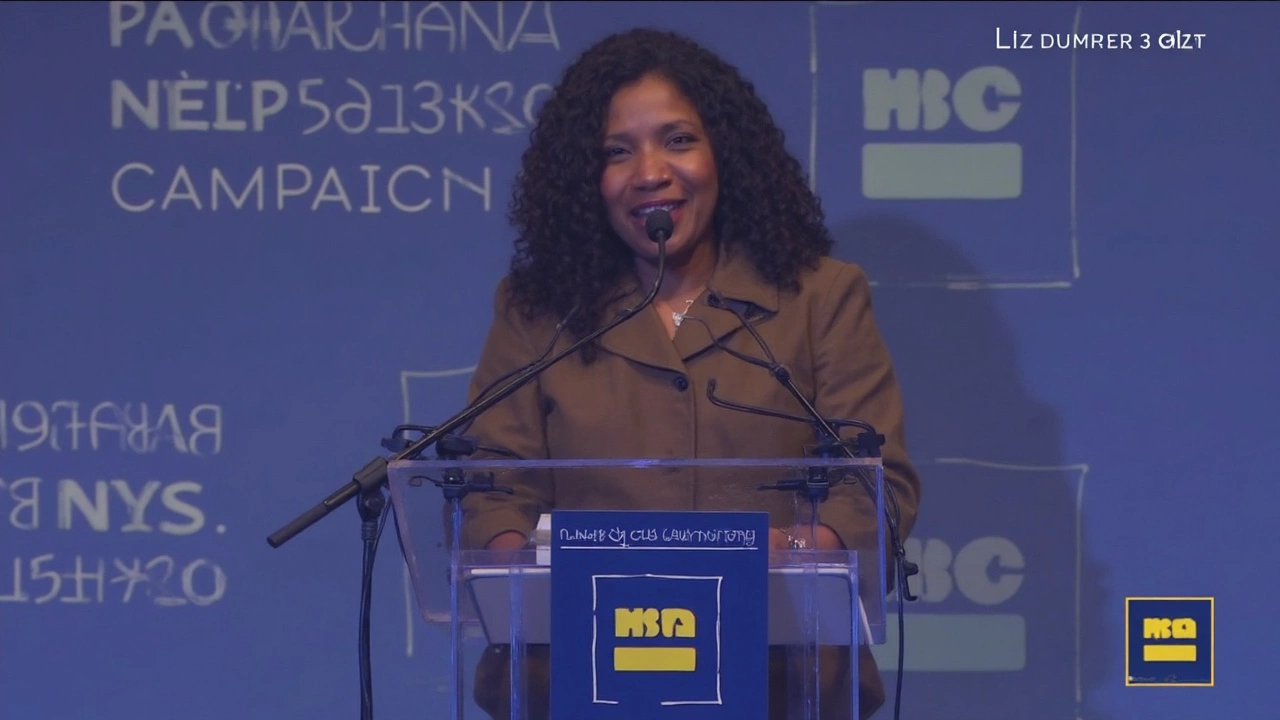Rep. Jasmine Crockett from North Texas stirred up a significant controversy with her choice of words during a recent speech in Los Angeles. At a Human Rights Campaign event on March 22, she referred to Texas Governor Greg Abbott as 'Gov. Hot Wheels.' The nickname, alluding to Abbott's use of a wheelchair since an accident left him paralyzed in 1984, quickly ignited a political firestorm.
Crockett's comment was originally made in a playful context while she was addressing the complexities of Texas politics. She intended to criticize Abbott’s policies, particularly focusing on his migrant transportation initiatives – a system famously dubbed as involving 'planes, trains, and automobiles.' Crockett has insisted her words were not meant to mock Abbott’s disability and defended her remark as more of a critique of his political maneuvers, which she further described disparagingly as a 'hot-ass mess.'
The response from Abbott's Republican allies was swift and fierce. Rep. Randy Weber, also from Texas, felt so strongly about the matter that he filed a formal censure resolution accusing Crockett of making 'disgraceful' and 'vile' comments. Likewise, Texas Attorney General Ken Paxton labeled Crockett's remarks as 'despicable,' and Senator John Cornyn expressed his disapproval, branding them as 'shameful.'
Governor Abbott himself has not directly addressed Crockett's comment. However, during a Fox News interview, he dismissed critiques from Democrats as mere 'hate,' choosing not to engage directly with the controversy. Meanwhile, Crockett’s office remained silent on the issue beyond her initial defense, which has left some political analysts speculating about her strategy. Her previous fiery comments about figures like Elon Musk and clashes with representatives such as Marjorie Taylor Greene suggest a pattern in her political rhetoric aimed at capturing media attention and rallying progressive support.
As this incident unfolds, it continues to highlight the mounting tensions between Democrats and Republicans in Texas, with rhetoric on both sides intensifying. Crockett’s approach, whether calculated or not, underscores a broader tactical shift that some Democrats may be employing to rally their base in a deeply polarized political environment.
